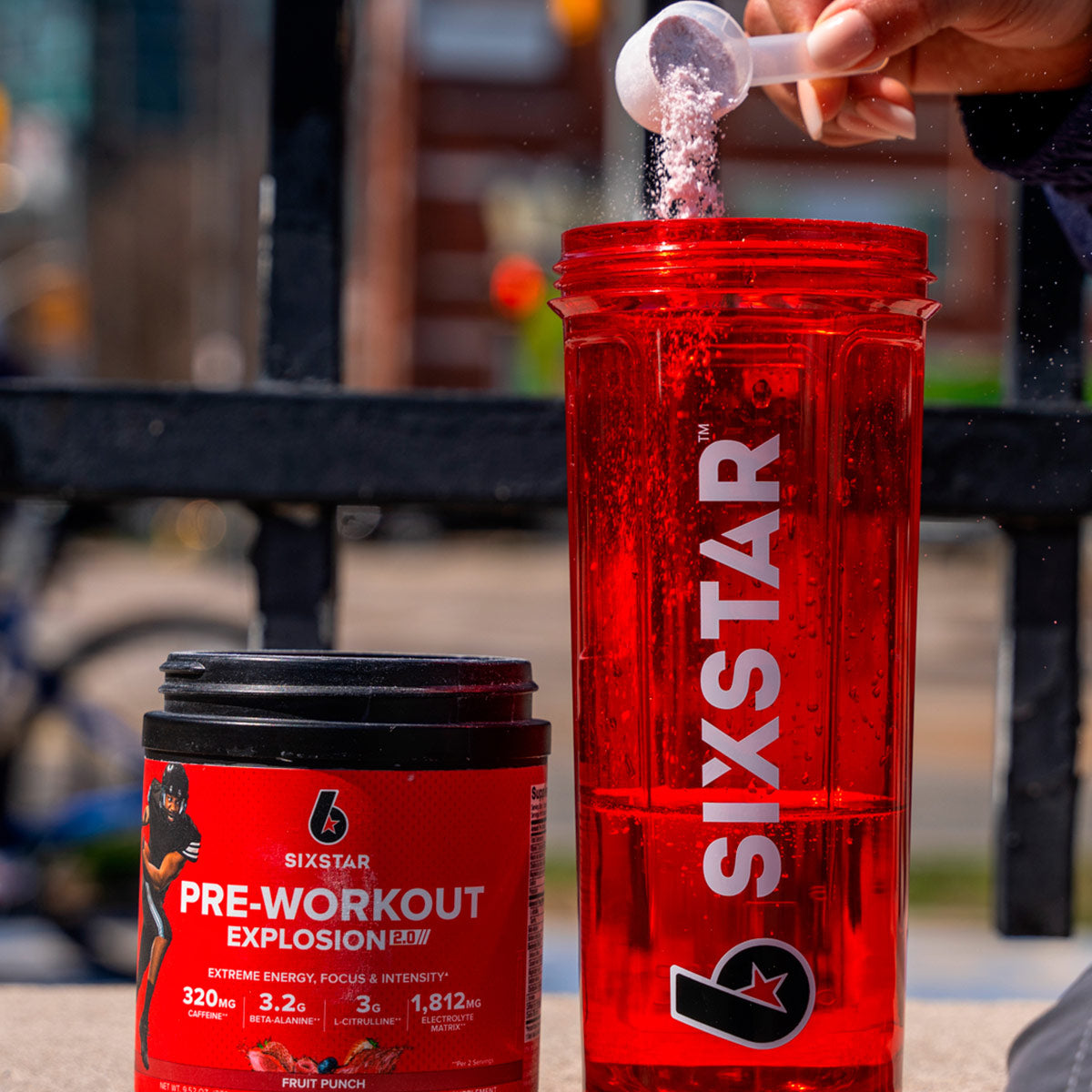Practicing self-care is a vital resource for physical and mental well-being. Unfortunately, many people neglect self-care because it can be a time-consuming and expensive task, but it doesn’t have to be. To get a head start on your wellness, here are ten things you can do to improve self-care while maintaining your financial freedom.
1. Clean House
It may not seem like it, but cleaning around the house can help enhance your self-care routine by improving physical and mental health. Many people associate deep cleaning with spring cleaning, but you can prioritize home care at any time.
Disinfecting your home and taking time to declutter can help elevate your mood, and as a bonus, home care provides a simple way to get some physical activity in. A clean home can also help you enter a peaceful state, promoting mindfulness.
2. Meditation
The goal of mindfulness meditation is to stay alert while deliberately paying attention to thoughts and sensations without judgment. Mindfulness and other meditation techniques can help improve self-esteem alongside physical and mental health.
Positive affirmation of your thoughts and senses is part of many mental health therapies and is a simple way to reduce stress and achieve personal growth. And plus, meditation helps prepare your mind to focus on the good things.
3. Focus on the Positive
Engage in positive thinking. Now remember, positive thinking does not mean being happy all the time. It’s more about the way you approach negative events and making sure you practice self-love. Training your brain to think about things in a positive light can help increase life span and promote psychological well-being.
Positive thinking can be a challenge for some, but understanding the way you perceive the world in your mind will likely help you change your mindset and reduce your stress level. And it doesn’t need to be hard—simple activities like listening to music can help you promote positive thinking in your life.
4. Listen to Music
Music therapy is a great way to boost mental health, and you don’t need a music therapist to practice it. Music can have a positive impact on your stress level, anxiety, and heart rate. Consider creating a self-care playlist that reliably reduces stress.
You can find ideas for these kinds of playlists on social media, ask friends for ideas, or make a collection of music you already own that helps you feel good and keeps you motivated. Thoughtful choices about what music you listen to can help improve self-care on an emotional level.
5. Try to Make Better Food Choices
Healthy eating starts with healthy food choices, including getting enough Vitamin D and reducing your saturated fat intake. You also want to engage in mindful eating over emotional eating. Your mental health can play a large role in your eating habits, but it also works the other way! If you eat healthier foods and engage in healthy eating habits, it can help improve your mood.
One easy way to keep on track is to make sure you have access to healthy snacks between meals. But even when you know eating healthy has many benefits, it can be hard to stick with any self-care plan alone, which is why you need support.
6. Find a Free Support Group in Your Area or Online
Mental health is a big part of self-care, and making sure you have the right form of support is vital. Numerous online support groups have been created in the last few years and are a great alternative if you can’t find resources in your area.
These groups range in focus from caregiver support to specific types of mental illness. Find a support group that fits your needs, and you can improve your physical and mental health.
7. Go for a Walk
Speaking of physical health, consider integrating walking into your self-care routine! The health benefits of exercise include reducing stress, lowering blood pressure, and improving mental well-being. Still looking for a way to add a mood-boosting playlist or positive affirmations to your schedule?
By including these activities in your daily walk, you’ll achieve great self-care—and might even lose weight in the process.
8. Give Yourself Something to Look Forward To
Keeping a positive outlook on your future can be challenging, but it is also a great way to boost a self-care routine. Schedule time with a loved one or make plans with a workout buddy.
If you practice mindfulness in your daily life and take steps to ensure you have things to look forward to, you can greatly improve your mental well-being. You can even learn to look forward to small things, like your scheduled self-care time or a good stretch before working out.
9. Stretch Your Body
Exercise and activity can be hard on your body, and so it’s important to stretch your muscles to reduce chances of injury. Stretching can help reduce neck pain and lower back pain and can be combined with breathing exercises to help reduce physical and mental stress.
Mindful movement encompasses more than a hamstring stretch or moving your hips. In fact, it is an important part of overall healthy living.
10. Write in a Journal
Finally, writing in a journal is self-care! There are many kinds of journals, and you should find the style that suits you best. This might be a bullet journal for making lists or tracking goals. It might be a minute journal that you write in just before sleep.
You can also put journal apps on your phone that will provide you with a prompt every day. A self-care journal can help you keep track of your progress and accomplishments, allowing you to keep sight of all you have achieved in your self-care journey.
Did you find these self-care tips helpful?
Remember, you can always find more tips, tricks, and products to help improve your self-care at Six Star Pro Nutrition.
Buy Sports Nutrition & Supplements from SixStar
Read Our Top Read Blogs:
- What is Bulking Season and when does it Start?
- How to Train Yourself to be Ambidextrous?
- The Ultimate Workout Program to be an All-Round Athlete
- Fitness & Diet for Offensive & Defensive Linemen
- When to Take to Take BCAA? Maximizing Your Workouts, Enhancing Your Health
- Diet For Soccer Players: What, Why & When?































